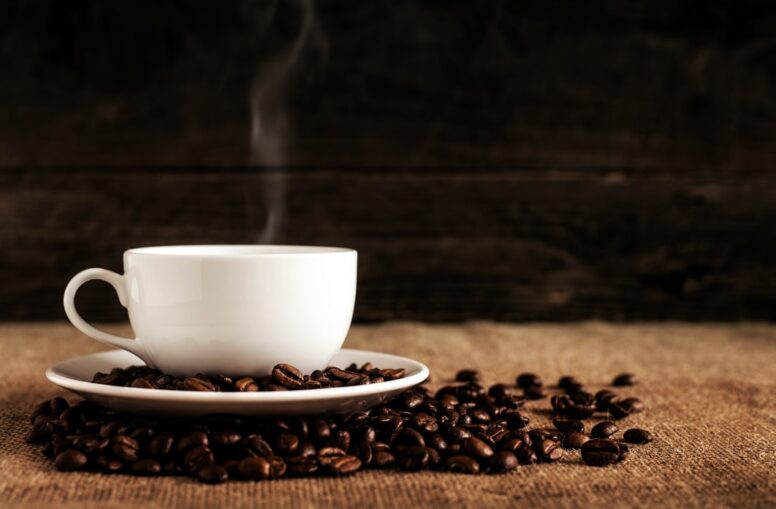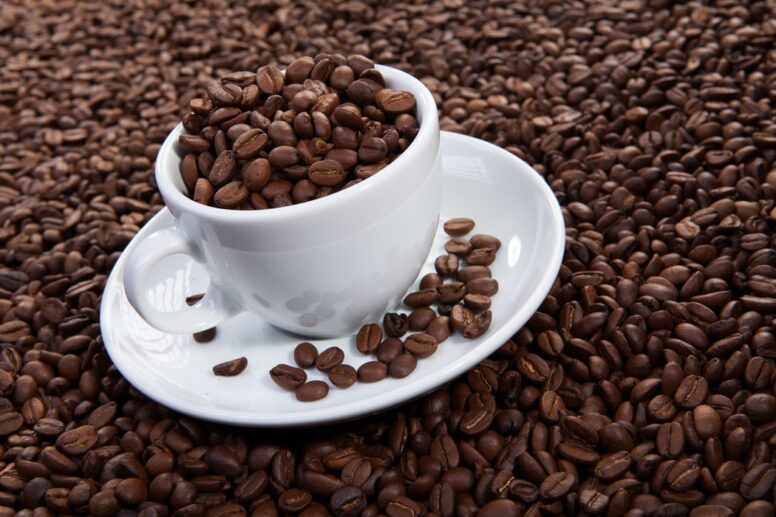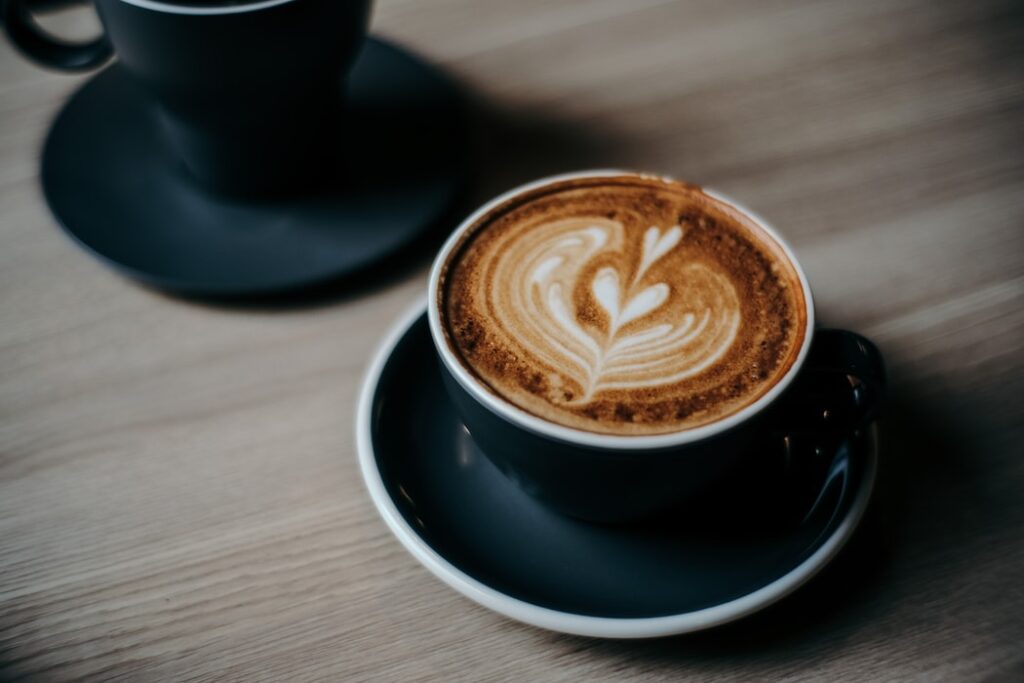Cappuccino, black, ristretto, flavored, filtered, decaf, espresso martini… There are so many different ways to consume processed coffee beans and enjoy your favorite drink either as a part of a morning ritual or as ritual repeated several times a day. Thus, if you are wondering what makes the world go round, coffee could be potentially the most precise answer. They say that there are two kinds of people when coffee is in question; those who love it, and those who are yet to fall in love with it. On the other hand, others say they enjoy coffee because it gets them going. So, can a coffee without caffeine give you the boost you need? That is what our article is all about, thus, read the following lines and learn what are the differences between decaf and regular coffee.
Caffeine Extraction

If you reckon decaf is a novelty, you are wrong. Namely, the first successful extraction of caffeine took place in the first half of the 19th century, while the process has been commercialized at the very start of the 20th century. Since then, people who avoid caffeine have had the opportunity to enjoy the coffee flavor without fear their heart pressure would rise.
The Kick
We all know at least a couple of persons who cannot function without their morning coffee. We are almost 100% positive they consume regular coffee, since it is the caffeine that increases the concentration and delivers that “awake” feeling. That is because it increases both the heart rate and the blood pressure, which have been soothed after a night of sleep. Actually, it can get you up and go anytime you drink a cup, but you should be careful not to exaggerate. When decaf is in question, you can have a cup or two without fearing you will overdose on caffeine. On the other hand, you might not get the kick you would if you drank regular coffee, but you will be able to enjoy the taste for sure.
Caffeine Amount

Although the “decaf” in decaf coffee indicates that there should be no caffeine left in your favorite drink, the truth is that a small amount of this stimulant remains inside a prepared beverage. Fortunately, its presence has been brought to a minimum, so decaf coffee can be consumed by those who have high blood pressure issues or other heart-related problems without hesitation. Namely, regular coffee has as much as 10 to 20 times more caffeine than the decaf version of the world’s third most drunk beverage. Since the amount of caffeine is measured in milligrams, this approach makes a huge difference. Fortunately, it does not affect the quality of the beverage, so you can enjoy drinking your favorite decaf coffee without sacrificing the pleasure. At PickandBrew you can learn about some of the best options when choosing the right decaf brand is in question, but also find additional info on why this type of coffee is so special.
The Process
There is something called a decaffeination process and it covers the treatment of coffee beans before roasting. There are several ways to make this work and they all tend to extract the caffeine out of the coffee beans before further processing. Namely, the beans are firstly soaked in a concentrated coffee solution mixed with different agents whose role is to extract the caffeine out. For extraction of the caffeine, 3 techniques are mostly used and they either involve using a solvent, preferably methylene chloride or ethyl acetate, activated charcoal, or exposing the solution to high-pressure liquid CO2. Although they are different, they aim to remove the active ingredient, but a certain portion of caffeine still remains. Fortunately, the amount that remains is insignificant and makes only a small portion of the initial content.
Standard coffee beans, if we can call it that, do not pass through similar preparation stages since they need their ingredients. Depending on the variety, first, they are separated from the fruit, washed, either machine or sun-dried, and finally, baked while the blends you enjoy at your favorite coffee are made later.
Health Effects

Coffee is a well-known diuretic, which means it helps your body to release sufficient fluids. When it comes to different variations, we should emphasize that all of the world’s coffee comes from two main strains, Robusta and Arabica. Now, when the flavor is in question, most blends owe their unique aromas to Arabica beans, while you can expect a blend to be richer in caffeine if it contains a vast portion of Robusta sorts. Namely, Robusta has almost twice as much caffeine as their relative. Thus, even if you decide to drink regular coffee, you can still pay attention to how much caffeine you consume by choosing your blends. Caffeine accelerates heart rate and increases blood pressure, so choose the type of coffee you drink wisely.
When opting for a decaf coffee, you can enjoy the flavor of your favorite beverage without fear that it will cause your heart to jump out of your chest. Jokes aside, but the absence of caffeine implies that you will not have your heart rate disturbed by consuming a decaf drink. On the other hand, you can increase the levels of bad cholesterol if you drink more than 2 cups a day. Also, even though Robusta has more caffeine, it is mostly used for making decaf coffee, and in nature, it is more acidic. The acidic beverages can cause serious issues to your body if you drink them excessively. Thus, you can experience issues such as osteoporosis, loss of minerals, gastrointestinal diseases, and other side effects of ingesting too many acidic substances.
The Purpose
If you drink coffee to socialize and pure pleasure, then decaf might be the choice for you, especially if you cannot afford to play with your blood pressure status. On the other hand, if you cannot imagine starting a day without having a strong cup of good old black to hold your back, then the decaf alternative might not be the thing that would satisfy your needs. One way or another, decaf is a coffee with minimum caffeine but maximum flavor, so if it suits you, there is no need not to try it out.
We certainly hope that the aforementioned pieces of information have brought you closer to realizing the main differences between decaf and regular coffee. Since it is the third most consumed beverage in the world, right behind tea and water, it is no wonder why so many of its variations are being enjoyed all across the globe. Thus, if you think coffee is not your cup of tea, you just haven’t found the right type. Just figure out whether it would be decaf or caffeinated version.

